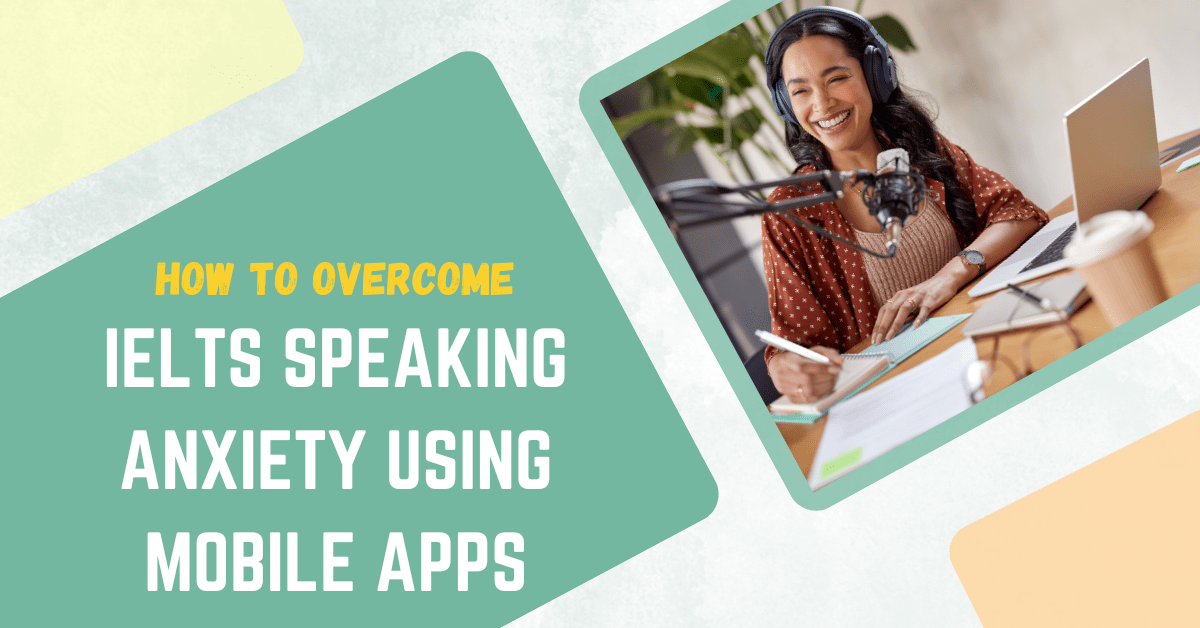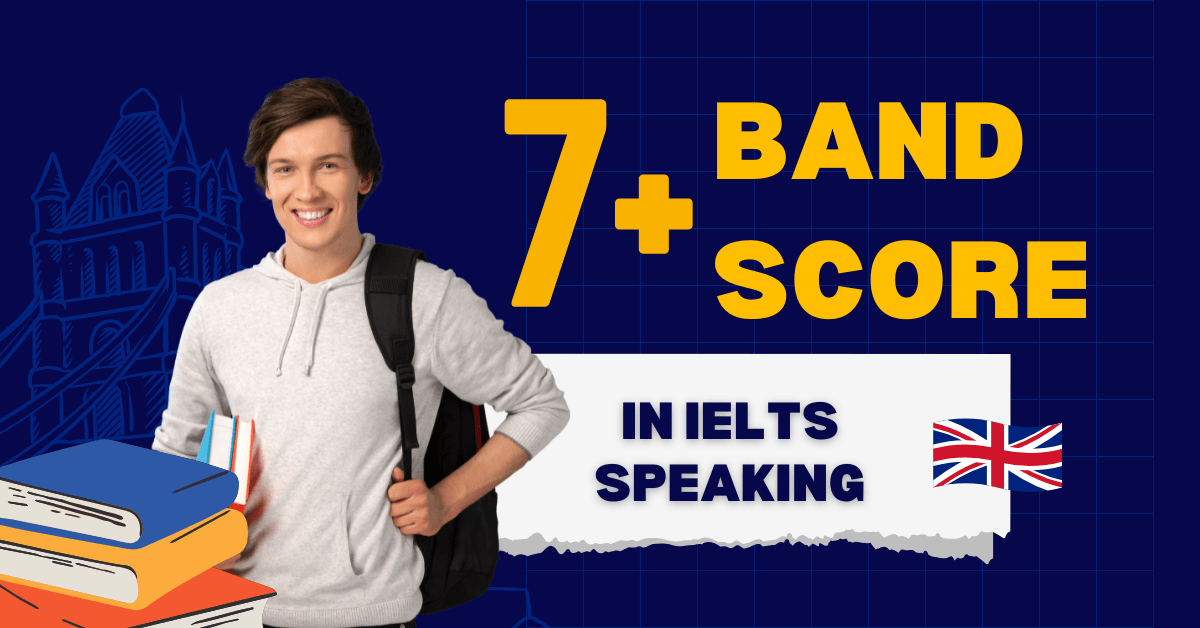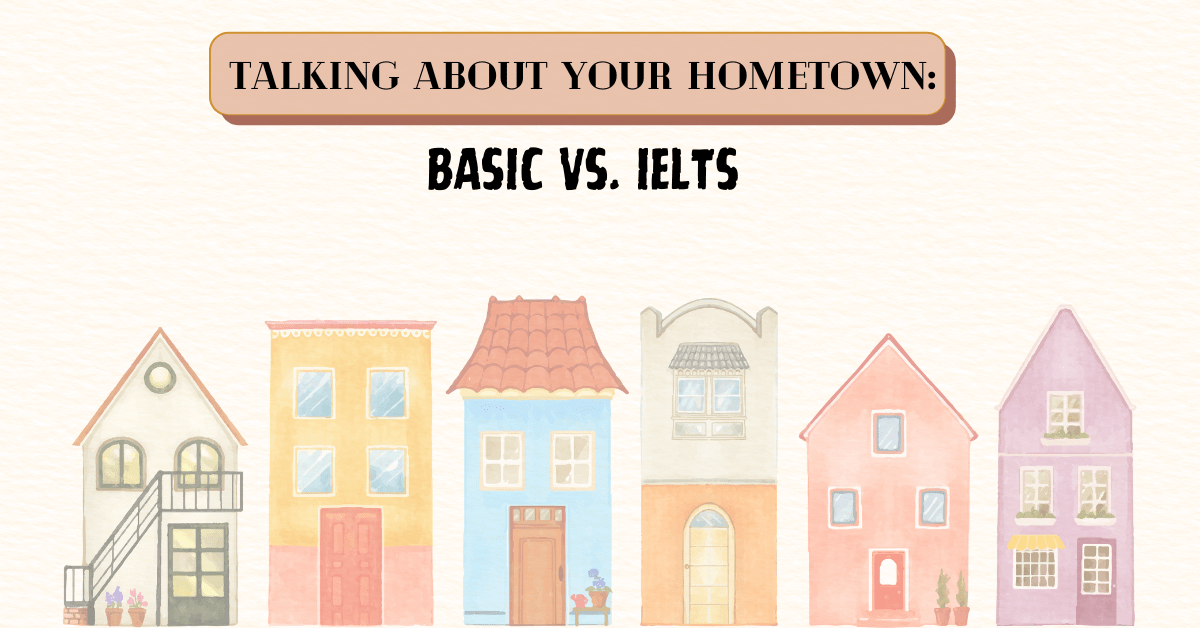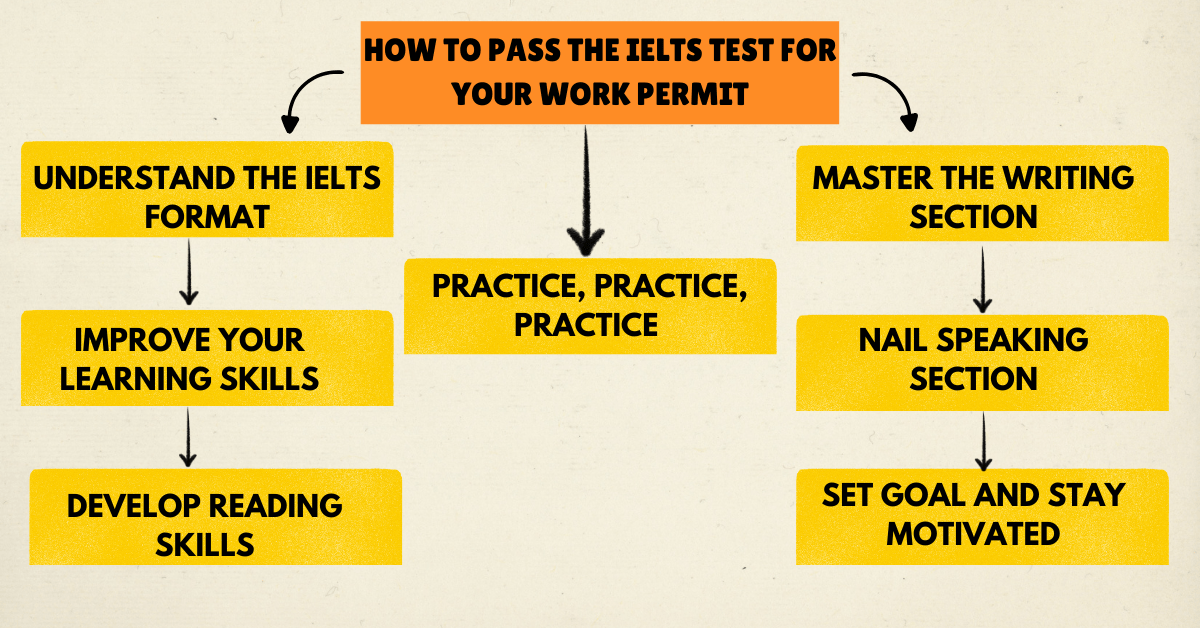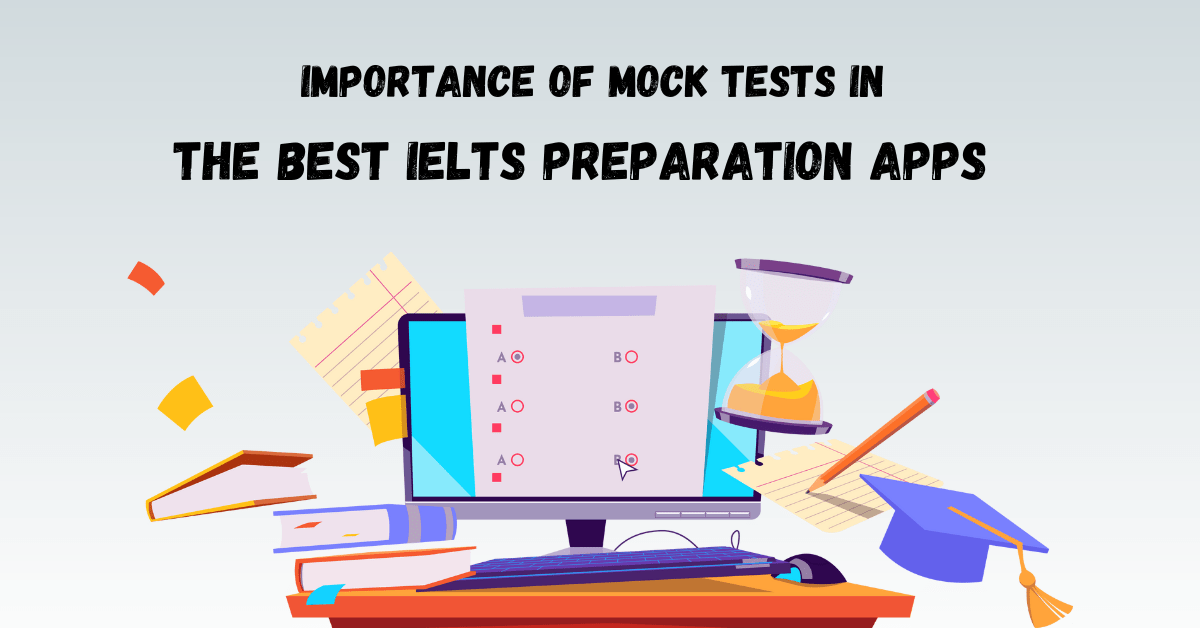For many IELTS candidates, the Speaking section doesn’t feel like a test of English—it feels like a test of nerves. You might know grammar. You might have vocabulary. You might even understand the question perfectly. Yet the moment the examiner looks at you and the timer starts ticking, your mind goes blank, your voice shakes, and the simplest answers feel difficult.
If that sounds familiar, you’re not alone. Overcome IELTS Speaking Anxiety is one of the most common reasons capable learners score lower than they deserve. The issue is rarely “bad English.” It’s usually stress, hesitation, fear of making mistakes, and lack of real speaking exposure.
This guide breaks down:
- Why anxiety happens during the IELTS speaking interview
- How to reduce IELTS speaking stress with mental preparation strategies
- How to build confidence for IELTS speaking through practical habits
- How mobile apps—especially the Fixolang app—support calmness, fluency, and exam readiness
- Where Fixolang is available (Android + Apple App Store)
If you want a clear, repeatable plan to speak confidently under pressure, this blog is for you.
How do I overcome IELTS Speaking Anxiety?
To overcome IELTS speaking nervousness, practice speaking daily under timed conditions, use calm-breathing techniques before speaking, stop aiming for perfection, and train structured answers. Apps like Fixolang help by providing exam-style speaking prompts, timed practice, and consistent routines that reduce fear and hesitation.
Why IELTS Speaking Anxiety Happens (And Why It’s Normal)
The IELTS Speaking Test is a live interview. Humans are wired to feel stress when being judged in real-time. This is not weakness—it’s biology.
Common triggers of anxiety during the IELTS speaking interview
- Fear of being judged by the examiner
- Fear of mistakes (“What if I say something wrong?”)
- Fear of accent (“Do I sound bad?”)
- Fear of silence (“What if I pause?”)
- Time pressure (especially in cue card Part 2)
- Overthinking grammar while speaking
In many countries—especially India—students learn English as a subject but don’t get regular speaking opportunities. So the speaking interview becomes the first “real conversation under pressure” for many learners.
How Anxiety Affects IELTS Speaking Scores
Anxiety directly impacts the scoring criteria:
Fluency and Coherence
- More hesitation
- More fillers (“umm,” “actually,” “you know”)
- Broken sentence flow
- Short answers
Lexical Resource (Vocabulary)
- Safe, repetitive vocabulary
- Difficulty recalling better words under pressure
Grammar Range and Accuracy
- Over-simple sentences because the brain avoids complexity
Pronunciation
- Rushed speech or unclear words due to nervous breathing
In short: anxiety hides your real English level. The goal is not to “be fearless.” The goal is to perform calmly despite pressure.
The Most Common IELTS Speaking Problems (And What They Really Mean)
1) Fear: “I will sound stupid”
This fear comes from self-judgment, not from the examiner. Most candidates believe they must sound perfect. But IELTS rewards clear, natural communication, not perfection.
2) Hesitation: “I can’t think fast”
Hesitation usually comes from a lack of practice under time pressure. Your brain is trained to think slowly (writing mode), but IELTS requires real-time speaking (performance mode).
3) Anxiety: “My heartbeat increases, voice shakes”
This is a nervous system response. It can be reduced using breath control, exposure practice, and structured speaking routines.
Mental Preparation Strategies to Reduce IELTS Speaking Stress
Mental preparation is not “motivation.” It’s training your brain to stay stable under pressure.
1) Use the “Conversation Frame” (Mindset Shift)
Instead of thinking:
“I am being tested.”
Think:
“I am being understood.”
This shift lowers performance pressure instantly. The examiner is not your enemy. They are simply rating your communication.
2) Train Imperfect Speaking (Confidence Builder)
Many candidates freeze because they try to speak perfect English. That backfires.
A better rule:
- Speak first
- Improve later
Fluency grows through usage. Accuracy improves through feedback and repetition.
3) 20-Second Calm Breathing (Before the Interview)
Use this routine:
- Inhale 4 seconds
- Hold 2 seconds
- Exhale 6 seconds
Repeat 3 times.
It reduces nervous system activation and slows down rushed speech.
4) Visualization (Pre-test brain training)
Close your eyes for 30 seconds and imagine:
- You greet the examiner calmly
- You answer naturally
- You pause without fear
- You smile
- You finish smoothly
This prepares your brain for the situation. It sounds simple, but it’s powerful.
5) Replace “Fear Questions” With “Action Questions”
Fear questions:
- “What if I make mistakes?”
- “What if I forget words?”
Action questions:
- “How can I extend this answer?”
- “What example can I add?”
Your brain moves toward solutions instead of panic.
Practical Strategies to Improve Confidence for IELTS Speaking
1) Use a simple answer structure (works in Part 1 and Part 3)
Answer → Reason → Example
Example:
“I prefer mornings because I feel energetic. For example, I can focus better at work early in the day.”
This structure reduces blank moments.
2) Use strategic pauses instead of fillers
A pause is not a mistake. A pause shows control.
Instead of:
“Umm… actually… you know…”
Try:
(brief pause) “That’s an interesting question. I think…”
This sounds confident and natural.
3) Prepare “topic buckets,” not memorized answers
Memorizing IELTS speaking topics with answers often sounds robotic.
Instead, prepare:
- 4 short personal stories
- 6 common opinions (technology, education, health)
- 10 flexible vocabulary phrases
This makes you adaptable and reduces anxiety.
4) Practice speaking under timed conditions
IELTS is timed. Untimed practice creates fake confidence.
Daily practice should include:
- Part 1: 10 questions, quick answers
- Part 2: cue card, 1 minute prep + 2 minutes speak
- Part 3: 3 deeper questions, extended answers
Apps that simulate this reduce fear faster than passive learning.
How Fixolang App Helps Overcome IELTS Speaking Anxiety
Fixolang is designed to support learners with real speaking practice, not just reading tips.
1) Builds familiarity with real IELTS speaking patterns
Anxiety reduces when your brain recognizes the format. Fixolang provides test-style prompts and cue cards so the exam doesn’t feel unknown.
Fixolang helps reduce IELTS speaking anxiety by making candidates practice exam-like speaking regularly, so the real test feels familiar.
2) Encourages daily speaking habit (the biggest confidence multiplier)
Confidence doesn’t come from one strong day. It comes from repeated practice.
Fixolang supports regular speaking routines that build:
- comfort
- speed of thinking
- smoother delivery
3) Helps reduce hesitation through repeated real-time speaking
Hesitation improves when your brain learns to respond faster. Fixolang encourages repeated speaking with topic variety, helping you become flexible.
4) Improves fluency by training structured answers
Practice helps you naturally apply:
- linking phrases
- opinion structures
- examples
- smooth transitions
This improves coherence and confidence together.
5) Supports exam readiness through consistent practice
Fixolang creates “exam readiness” by training:
- timing
- question switching
- cue card pressure tolerance
- confidence under observation (even if simulated)
This reduces last-minute panic.
Fixolang App Availability
Fixolang is available on both:
- Google Play Store (Android)
- Apple App Store (iOS)
So learners can do IELTS preparation at home, while commuting, or in short daily slots.
Why This Matters for IELTS Candidates in India
In India, many candidates:
- understand English but don’t speak daily
- feel shy speaking in public
- lack safe practice environments
- rely on passive learning (videos/notes)
Fixolang helps because it creates a private, consistent speaking routine that feels practical and doable—especially for students and working professionals.
A 14-Day “Calm Speaking” Plan Using Fixolang + Mental Strategies
Here’s a simple plan for fast improvement:
Days 1–3: Comfort Mode
- Part 1 practice daily
- Focus on calm breathing before speaking
- Aim: speak without freezing
Days 4–7: Structure Mode
- Answer → Reason → Example pattern
- 1 cue card daily
- Aim: reduce hesitation
Days 8–11: Pressure Mode
- Timed cue cards
- Part 3 opinion questions
- Aim: speak under pressure without panic
Days 12–14: Exam Mode
- Full speaking simulation style practice
- Focus on pacing and clarity
- Aim: calm performance confidence
This kind of routine turns anxiety into familiarity.
Follow FixoLang on social media
🟦 Facebook : https://www.facebook.com/fixolang/
📸 Instagram : https://www.instagram.com/FixoLang/
▶️ YouTube : https://www.youtube.com/@FixoLang
Final Thoughts
IELTS speaking anxiety is not proof that you’re weak at English. It’s proof that you haven’t practiced the performance skill enough under pressure.
With the right mental preparation and consistent speaking practice, nervousness becomes manageable. Confidence becomes repeatable. And your true English level starts showing in your answers.
If you commit to daily speaking—especially with structured practice support like Fixolang—you will not only improve fluency, but also walk into the speaking interview calmer and more prepared.
Frequently Asked Questions ( FAQs )
-
Can mobile apps really prepare me mentally for IELTS speaking?
Yes, if they focus on real speaking practice. Fixolang App helps candidates practice calmly, improve flow, and build exam readiness through structured routines.
-
Should I focus more on fluency or grammar while speaking?
Fluency should come first. Grammar improves with feedback and repetition. Fixolang encourages natural speaking first, which leads to better overall performance.
-
Can practicing alone help reduce IELTS speaking anxiety?
Practicing alone helps at first, but confidence improves faster when you practice speaking in a realistic, timed format. Apps like Fixolang provide that exam-style structure.
-
What should I do if my mind goes blank during the speaking test?
Pause briefly, breathe, and restart your answer calmly. The examiner allows short pauses. Regular speaking practice using tools like the Fixolang app helps reduce blank moments.
-
Is IELTS speaking anxiety common among high-scoring candidates too?
Yes. Even Band 7–8 candidates feel IELTS speaking anxiety. The difference is regular exam-style speaking practice, which Fixolang helps build.


